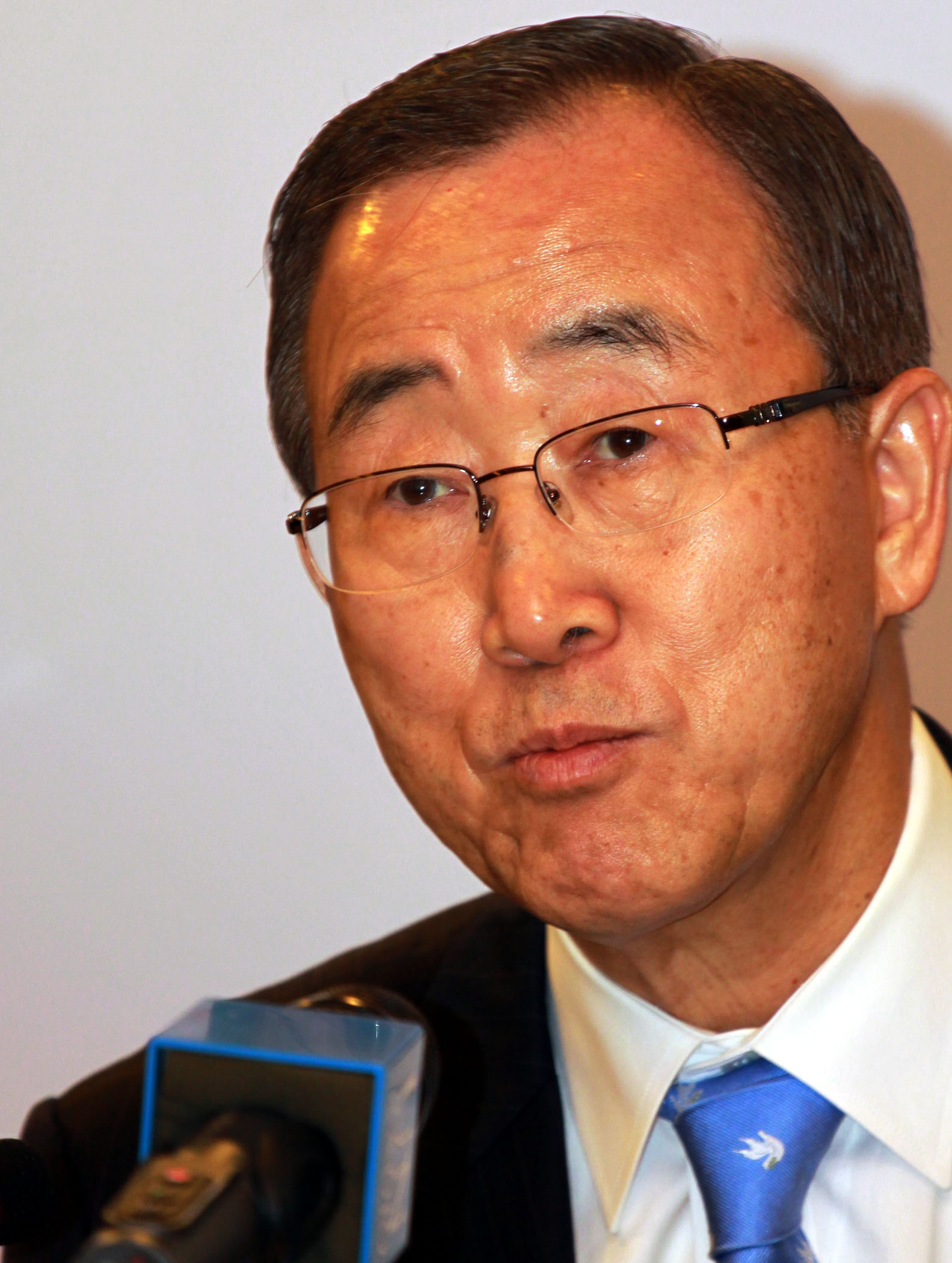"At the G20 meeting in Washington, [United Nations] Secretary-General Ban Ki-moon intends to stress the need to keep long-term objectives, such as the Millennium Development Goals and the fight against extreme poverty, at the centre of the global agenda," UN spokesman Alex Cerniglia told IRIN, referring to targets that seek to slash extreme poverty by 2015.
"He will also draw attention to the Doha meeting on Financing for Development, including the need to allow for broad participation and, in particular, the necessity of including the voice of the smaller and poorer countries in the debate over the international institutional architecture and the reforms that will be considered," he added, referring to the Doha round of World Trade Organization talks later this month on lowering global trade barriers.
Even before Bush convened the summit of key emerging-market countries, including China, Brazil, India, South Korea and South Africa, and the major industrial nations, analysts had voiced fears that vital development aid could fall victim to the crisis.
Some have projected that official development assistance (ODA) might plunge by a third or more, and Ban and World Bank President Robert Zoellick, both of whom will attend the summit, have called on governments not to step back from their commitment to provide billions of dollars in aid to poor countries.
"As ministers discuss issues of high finance, we can't forget the world's poor," Zoellick's office told IRIN. "The bottom billion need our help more than ever. The world must follow through on past aid commitments to fight poverty and promote sustainable development."
What has made the greatest impression among development actors is the speed with which governments disbursed billions of dollars in a bid to halt the economic meltdown - compared with all the delays and retreats in pledging far smaller sums to combat poverty.
John Clancy, spokesman for European Commissioner for development and humanitarian aid Louis Michel, said: "It begs the question: if we can find that kind of money, surely we can find the E100 billion [US$128 billion] a year that between us we promised to ensure that we do tackle the real problem of halving poverty. Put it this way … let's not have this financial crisis turn into a human tragedy by us forgetting the importance of maintaining our commitments to the developing world."
"Morally unacceptable"
In a widely published commentary in European newspapers, Michel noted that the same developed countries who rushed to rescue the international financial system with more than two trillion Euros [$2.56 trillion] found it difficult to raise 100 billion Euros a year for development aid to combat extreme poverty and save lives.
"This contrast is morally unacceptable; it is also politically dangerous," he wrote. "The unprecedented moves by world leaders to put international financial capitalism on a sounder footing are crucial. But there are other, even more dramatic events unfolding as well. Poverty affects two-thirds of the world's population, while climate change threatens the very future of humanity and the planet, and much sooner than is often thought."
|
World Bank President Robert Zoellick |
This offered an enormous opportunity for the US. "By building on the goodwill that is extended to [President-elect Barack] Obama under a new presidency, the US can take a leadership role at the global level," he said.
Oxfam International media officer Louis Bélanger said the $700 billion spent on the emergency bailout of American financial institutions was more than 23 times what the US spends on foreign aid. "Now is not the time for donors to shy away from delivering on aid promises. Aid levels must not only be maintained but increased as many of the world's poorest countries are starting to suffer from the effects of the global credit crunch and economic downturn," he told IRIN.
UN Development Programme policy adviser and senior macroeconomist Brett House said there was no economic rationale for reducing ODA flows.
"In fact, given the excellent macroeconomic fundamentals in many developing countries, ODA would likely provide a more efficient stimulus than domestic spending in [industrial] countries," he told IRIN. "A decision to reduce ODA disbursements is a political decision, not an economic one."
ma/mw
This article was produced by IRIN News while it was part of the United Nations Office for the Coordination of Humanitarian Affairs. Please send queries on copyright or liability to the UN. For more information: https://shop.un.org/rights-permissions




